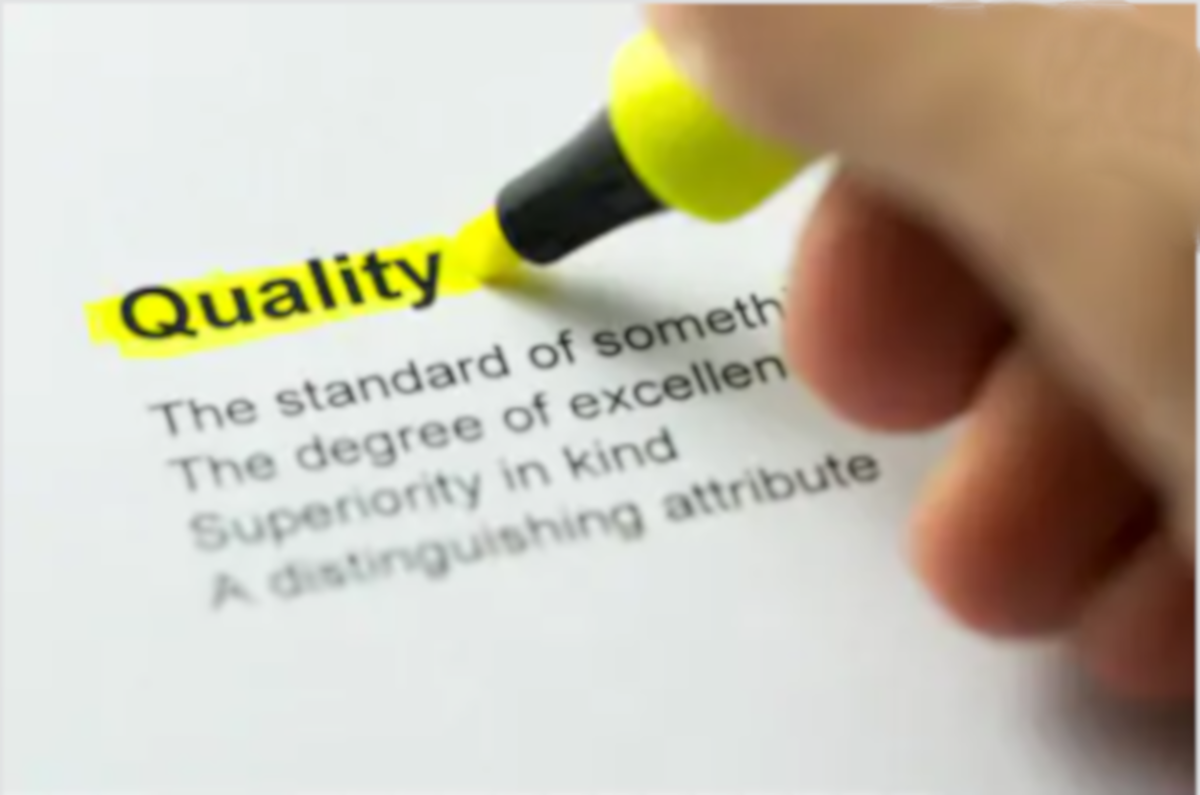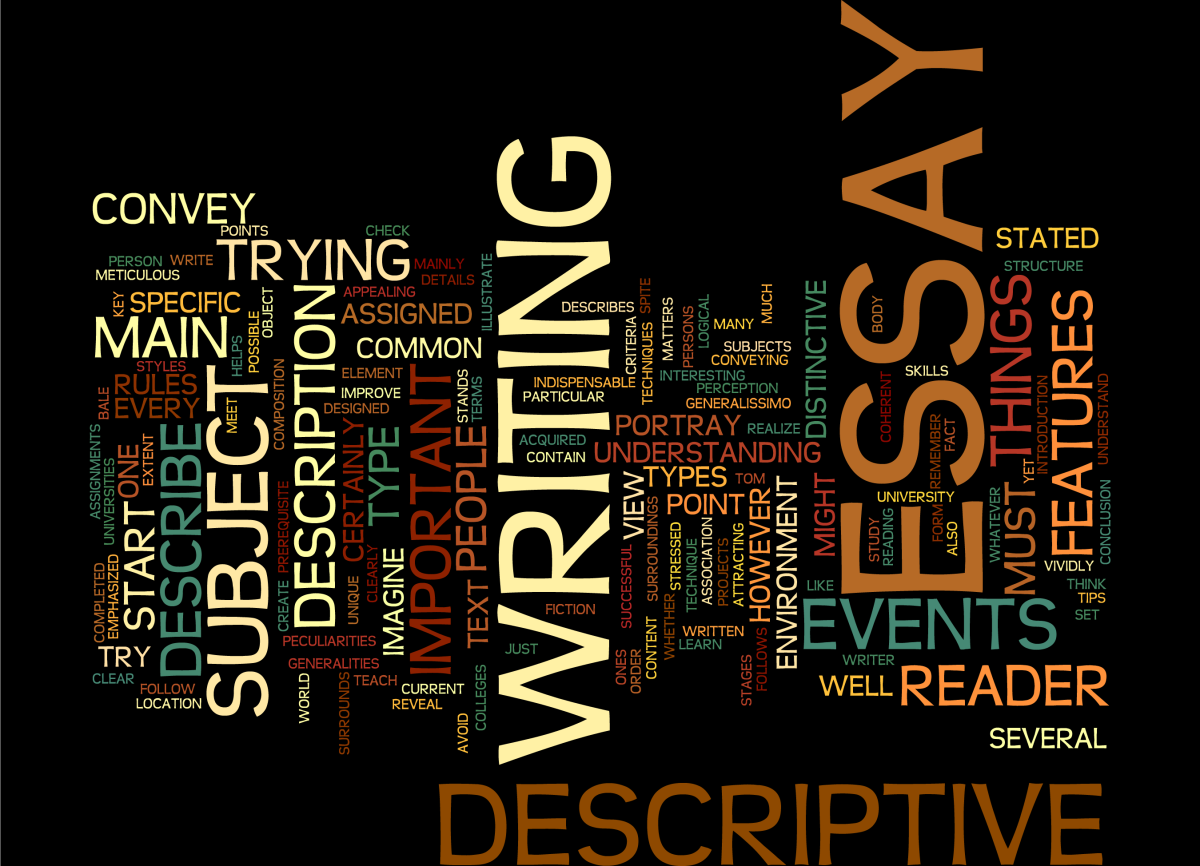Writing and Publishing a Novel from Start to Finish
It’s Just so Overwhelming
Well, not really, but I understand that it seems that way. For anyone who has never written a novel, the idea of creating a cohesive package out of 100,000 random words must seem monumental for sure.
Well take a deep breath. It is not that bad. The key is to take it one small step at a time. Don’t think of 100,000 words. Think, instead, of one chapter, and then the next, and then the next. Breaking the task into manageable chunks, and then doing those chunks as time allows, is the only way to approach this task and remain sane.
What I want to do for you today is take you through the process I used in writing my latest novel, “Resurrecting Tobias.” I am going to give you a bare-bones outline from start to finish….and then beyond. Yes, there is a “beyond,” after the novel has been written. In many ways, when the writing is done then the real work begins.
So kick back and allow me to tell you what I have gone through and how I handled each step. Of course other writers have different approaches and I say hooray for them. However, this is my article so it is my process that we will concentrate on today.

Great resource for writers
Planning the Novel
I am not going to spend a great amount of time on this section since I have already written several articles about it. The main point I want you to realize is that you have to go through a planning stage before you ever start writing.
I recommend some sort of outline, even if it is an informal outline in your head. Know where your book is going, or at the very least have some sort of idea where you would like it to go. Yes, I have heard writers explain that their characters actually write the book, and I understand that, but you still need some sort of roadmap to get from Point A to Point Z.
During this time you also need to meet your characters and get to know them….and I mean really know them. They are going to be carrying the load in your novel, and the more you understand them the better. After 130,000 words and what I believed to be closure with my novel, I realized I still didn’t know one of my main characters….so I am now re-writing her part in my drama.
Decide on scenes…decide on point of view…decide on the whole gamut of small details before you start writing. Heck, read my articles about this if you need to know more. I have included them to the right of this article.
- The First Steps In Writing A Book
Writing a full-length novel can seem a bit overwhelming, but taking these preliminary steps will simplify the process for you.
- The Second Stage Of Writing A Book
Breaking down your tasks into manageable steps helps many writers to move along smoothly when writing a novel.
Writing the Novel
If it is important to you to write a novel then make some time to do so. One hour per day? Schedule it and stick to it.
Here is where the outline comes in handy. There are some excellent online tools that will help you to organize your novel and thus allow you to just fill in the different sections of your planning sheet.
The hardest part of writing a novel, in my humble opinion, is maintaining pace and flow for 100,000 words. This separates the short story writers from the novel writers, and it is no easy task. There must be a rhythm to your writing. There must be peaks and valleys. There must be twists and turns, and it all must be written with cohesiveness. As a general rule of thumb, for every 25,000 words there should be a major event that produces conflict for the main characters. Those events will help your novel to keep moving at a decent pace.
Editing and Rewriting the Novel
You are all done with the first draft. Take a deep breath. Now, start editing and rewriting.
In my first rewrite of “Resurrecting Tobias, I simply re-read the manuscript to spot any inconsistencies. I left the heavier editing for later.
In the second rewrite I fleshed out the characters more and developed the scenes in greater detail.
Then I turned the whole thing over to some volunteers who graciously offered to read the manuscript and give suggestions. This is a valuable step in the process. It is important to find out what the reading public feels about your book. Some suggestions are excellent. Some you can choose to ignore if you feel they compromise your work. You are, after all, the author, and the final decision of what to include and what to discard is yours.
Finally, when all of that is done, turn your manuscript over to a professional editor. They will do a line edit checking for grammatical errors, and if they are any good they will make a professional assessment of your book and make suggestions to make it stronger.
Publishing the Novel
Anyone can publish a novel. In a world where ebooks are so popular, all you need do is download and format and within days you will be a “published author.”
If, however, you long to be published in the traditional way, then you will now start sending our query letters to publishers and/or agents in hopes that they will fall in love with your book and offer a publishing contract. You will need a synopsis for this step. You will also need a tagline (summary of the novel in one sentence).
This is a long, slow, and aggravating process. Many publishers will take months to respond to your queries. Many will reject you outright. Some, if you are lucky, will be interested enough to make suggestions. One in twenty might actually ask to see a synopsis. This process is not for the thin-skinned or weak-of-heart out there. Plan on being rejected but do it anyway.
Your other option is to publish the book in hard copy or paperback yourself. There are many local printing companies who will print your book at a substantial cost. There are many online publishing companies who will also do the job. Research and find the best deal.

Marketing the Novel
And now we have come to the part of publishing that few writers enjoy. In fact, I would venture to say that most writers literally hate and fear the marketing side of writing.
If you are self-publishing then you are the head of your marketing department. It is your job to go to bookstores and get your book placed in those stores. It is your job to network and promote over the social media. It is your job to schedule and conduct book readings and book signings. It is your job to set up a website and yes, it is your job to lay awake at night figuring out a new approach that will make the buying public aware of your book and eager to purchase it.
And if you are lucky enough to have found a publisher, it is still your job to do these things.
Accept that truth and be prepared for it.
Join me on my writing blog
- Artistry With Words | A topnotch WordPress.com site
A site for writers, about writing, written by writers
Are you considering writing a novel?
And Then Do It All over Again
Let’s take a look at the worst case scenario. You spend six months writing your novel. Then you spend an additional month or two rewriting and editing it. Then you publish it and do your due diligence in marketing it…..and it does not sell.
What do you do?
Sit down and start writing again!
Why?
Because you are a writer, and writers write….it is as simple as that.
2014 William D. Holland (aka billybuc)
“Helping writers to spread their wings and fly.”




